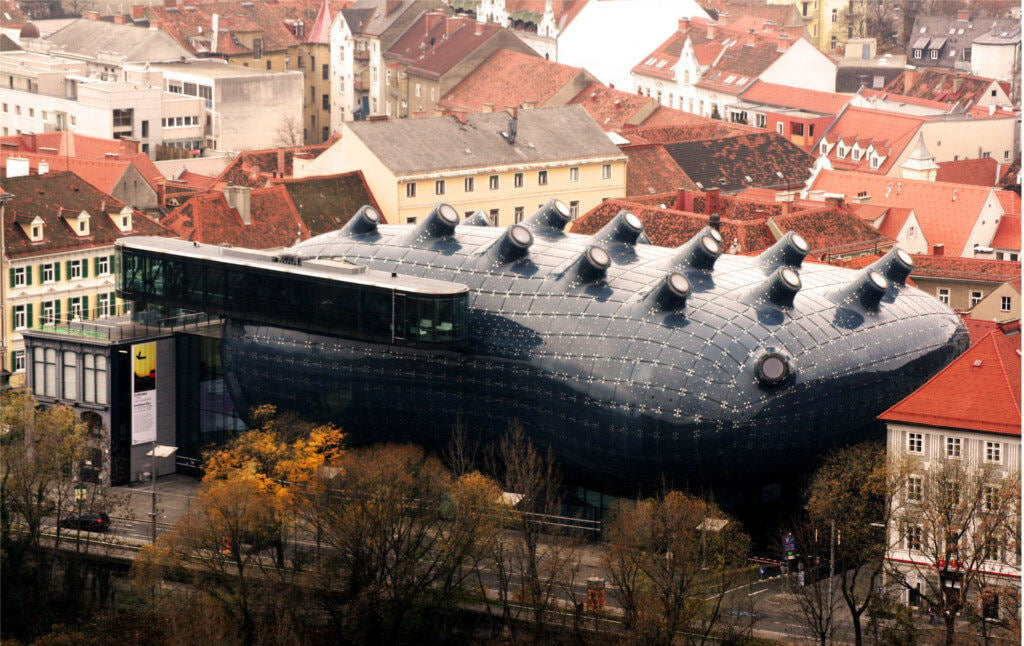A follow-up to So, you’re splitting strings on the hot path
I have enjoyed optimizing my Go library for splitting (tokenizing) words according to the Unicode standard.
I recently added optional “joiners” functionality, with a focus on performance. A “joiner” is a character, typically a symbol like @ or # or /, that you specify should be treated like any other letter, and which should not split a word.
Use case
According to the Unicode standard, handles such as “@clipperhouse” will result in two separate tokens: “@” and “clipperhouse”.
Similarly, a #hashtag will be two tokens, and [email protected] will be three. The standard also splits on hyphens -, slashes /, etc.
This is all fine, but perhaps you don’t want that – perhaps, for your app, you’d like to treat handles & email addresses – or hyphen-ates, or fract/ions – as a single word.
Naïve version
One could do this joining logic after the tokens come out of the tokenizer. Something like “if this token is ‘@’ and the next token is alphanumeric, concatenate". Perfectly fine.
But it’s a lot faster to do it within the tokenizer. Why?
Faster version
This is a lot faster within the tokenizer because:
-
The tokenizer is already looking at all the bytes. If you do it outside the tokenizer, you will inspect the same bytes a second time. That might be twice as slow, or worse!
-
You will be allocating an additional string.
From my perf-obsessed perspective, wins come from iterating as few times as possible, and allocating as little as possible.
My tokenizer is pretty optimal in those respects today. So, if you add even a single allocation on your hot path, or a redundant iteration, your perf craters.
So, I moved some logic into the tokenizer’s main loop, so you won’t have to do those things. Here’s how to use it.
Your code
The above is intended as food for thought in your own code. If you are working with strings on the hot path, you might be iterating over bytes you’ve already seen, and adding allocations. If you can think of ways to avoid that, you will get a performance win.
–
This blog post started as this series of tweets.
.png)




